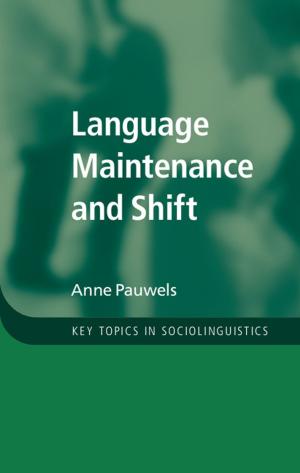Fundamentals of Engineering Plasticity
Nonfiction, Science & Nature, Science, Physics, Mechanics, Technology| Author: | William F. Hosford | ISBN: | 9781107358157 |
| Publisher: | Cambridge University Press | Publication: | July 22, 2013 |
| Imprint: | Cambridge University Press | Language: | English |
| Author: | William F. Hosford |
| ISBN: | 9781107358157 |
| Publisher: | Cambridge University Press |
| Publication: | July 22, 2013 |
| Imprint: | Cambridge University Press |
| Language: | English |
William Hosford's book is ideal for those involved in designing sheet metal forming processes. Knowledge of plasticity is essential for the computer simulation of metal forming processes and understanding the advances in plasticity theory is key to formulating sound analyses. The author makes the subject simple by avoiding notations used by specialists in mechanics. R. Hill's authoritative book, Mathematical Theory of Plasticity (1950), presented a comprehensive treatment of continuum plasticity theory up to that time; much of the treatment in this book covers the same ground, but focuses on more practical topics. Hosford has included recent developments in continuum theory, including a newer treatment of anisotropy that has resulted from calculations of yielding based on crystallography, analysis of the role of defects, and forming limit diagrams. A much greater emphasis is placed on deformation mechanisms and the book also includes chapters on slip and dislocation theory and twinning.
William Hosford's book is ideal for those involved in designing sheet metal forming processes. Knowledge of plasticity is essential for the computer simulation of metal forming processes and understanding the advances in plasticity theory is key to formulating sound analyses. The author makes the subject simple by avoiding notations used by specialists in mechanics. R. Hill's authoritative book, Mathematical Theory of Plasticity (1950), presented a comprehensive treatment of continuum plasticity theory up to that time; much of the treatment in this book covers the same ground, but focuses on more practical topics. Hosford has included recent developments in continuum theory, including a newer treatment of anisotropy that has resulted from calculations of yielding based on crystallography, analysis of the role of defects, and forming limit diagrams. A much greater emphasis is placed on deformation mechanisms and the book also includes chapters on slip and dislocation theory and twinning.















